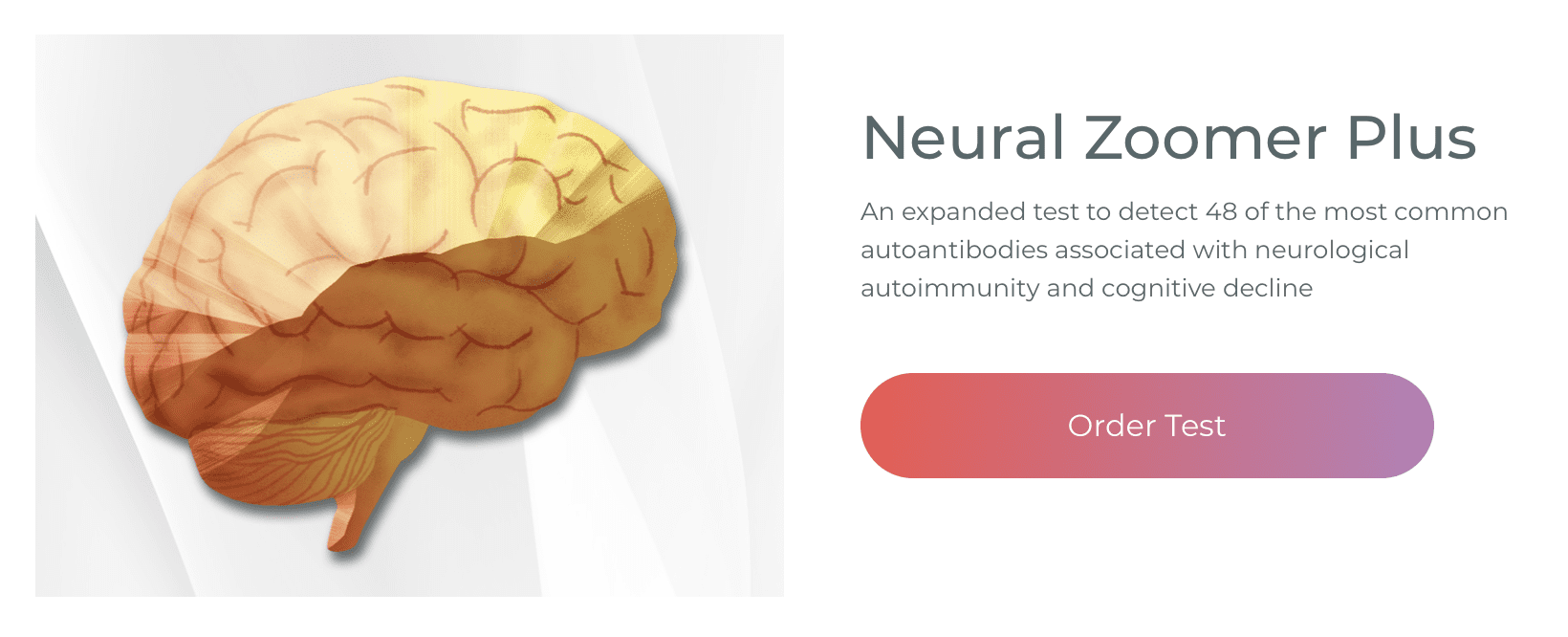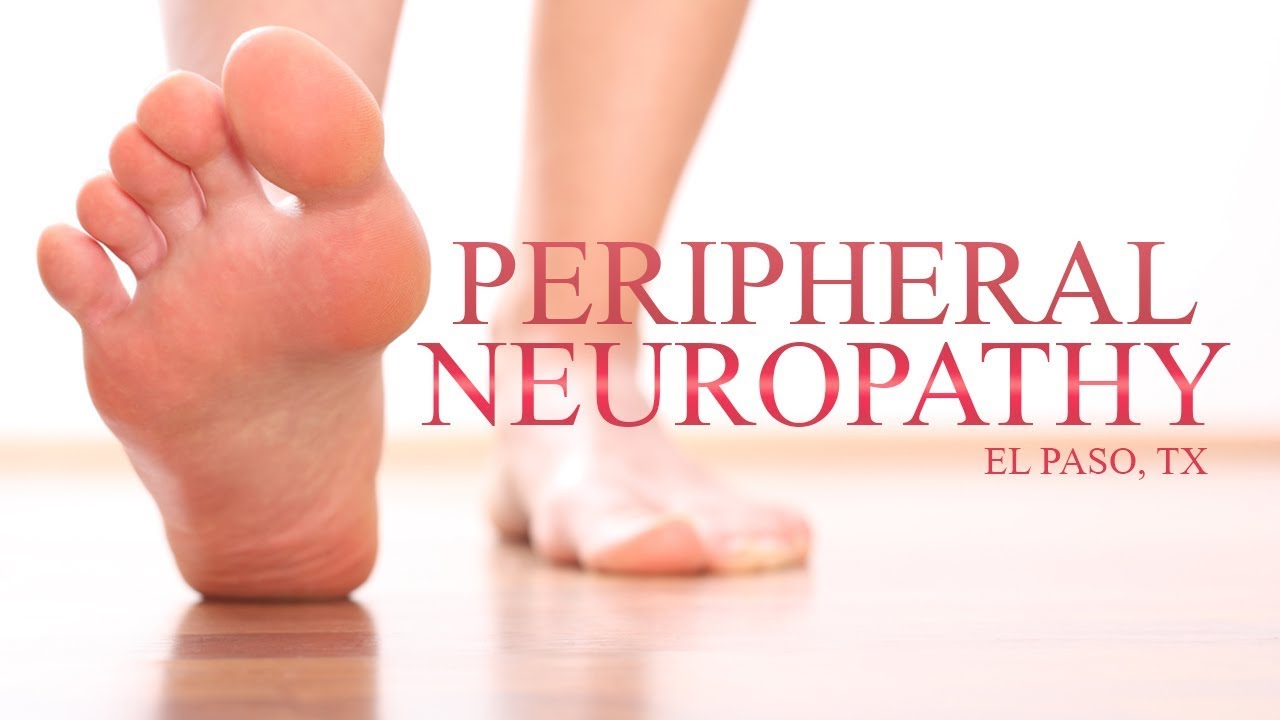The endocrine system is made up of a collection of glands that release hormones that regulate a variety of bodily functions, including metabolism. The thyroid gland is a large, butterfly-shaped organ found in the center of the neck. The thyroid gland secretes three hormones, known as triiodothyronine (T3), thyroxine (T4), and calcitonin, in response to stimulation from the pituitary gland which secretes a compound, known as the thyroid-stimulating hormone (TSH). However, if the thyroid gland produces too little or too many hormones, it can ultimately cause a variety of health issues, including obesity.
According to the American Association of Clinical Endocrinologists, approximately 27 million people in the United States have thyroid dysfunction. Healthcare professionals found a connection between diabetes and thyroid dysfunction. People with obesity and diabetes have an increased risk of developing thyroid dysfunction compared with the healthy population. Because the thyroid gland regulates metabolism, thyroid dysfunction can cause various metabolic health issues. Thyroid dysfunction can frequently occur due to iodine deficiency, autoimmune diseases, and surgery.
Table of Contents
How Thyroid Dysfunction Can Cause Obesity
Research studies demonstrated that thyroid dysfunction can ultimately lead to obesity. Understanding the connection between obesity and thyroid dysfunction can help reduce the risk of developing a variety of other health issues, including cancer. Thyroid dysfunction is associated with changes in body weight and composition, temperature, and energy. In a recent research study, 27,097 participants above 40 years of age with a body mass index (BMI) of at least 30.0 kg/m2, scientists found that thyroid dysfunction was associated with a higher BMI and an increased risk of developing obesity.
Thyroid-stimulating hormone (TSH) levels are higher in people with obesity, according to research studies. Scientists also demonstrated that TSH levels appear to be closely associated with the degree of obesity and BMI. Surprisingly, research studies also found increased T3 levels in participants with obesity. Progressive fat accumulation was associated with an increase in TSH and T3 levels, regardless of insulin resistance and metabolic parameters. The ratio between T3 and T4 was also associated with both BMI and waist circumference in people with obesity, according to the research studies.
Although people with obesity have increased TSH levels, their TSH receptors are frequently less expressed compared with healthy people. The reduced TSH receptor expression can ultimately cause thyroid dysfunction, further increasing TSH and T3 levels. Fortunately, healthcare professionals demonstrated that weight loss can help regulate thyroid function. Thyroid dysfunction can be reversed following weight loss due to diet and lifestyle modifications or surgery. Weight loss can also cause a considerable reduction in both TSH and T3. The decrease in T3 levels during weight loss can also increase energy.
According to research studies, reduced T3 levels can make it difficult to maintain or promote weight loss. Evidence suggesting that TSH and T3 levels increase in people with obesity while TSH and T3 levels are reduced during weight loss supports the hypothesis that changes in thyroid function in people with obesity may be reversible through weight loss. However, it’s frequently challenging to identify participants with obesity who are only affected by mild thyroid dysfunction. Healthcare professionals should suspect thyroid dysfunction in people with obesity that also have increased TSH levels.
Healthcare professionals determined that evaluating the thyroid gland using ultrasound may not necessarily help diagnose possible thyroid dysfunction in people with obesity. As a matter of fact, the moderate increase in TSH levels is frequently associated with an increase in thyroid volume and hypoechogenicity, or the reduced response of an organ using ultrasound, with an ultrasound pattern that suggests Hashimoto thyroiditis. Furthermore, the increased hypoechogenicity in people with obesity is associated with increased cytokines and other inflammatory markers produced by adipose tissue.
The increased cytokines and inflammatory markers can ultimately increase TSH levels, increasing the size of the thyroid and leading to vasodilatation and increased thyroid vessel permeability with increased parenchymal inhibition of the thyroid gland which may be responsible for the hypoechogenicity with ultrasound. Average TSH was demonstrated to be higher in people with obesity compared with healthy people. It is essential to understand that an ultrasound pattern suggesting Hashimoto thyroiditis may also suggest autoimmune diseases associated with thyroid dysfunction and obesity.

The endocrine system is made up of a collection of glands, such as the thyroid gland, which release several different types of hormones that regulate a variety of bodily functions, including metabolism. The thyroid gland is a large, butterfly-shaped organ found in the center of the neck and it plays a fundamental role in the secretion of three hormones, including triiodothyronine (T3), thyroxine (T4), and calcitonin, following stimulation from the pituitary gland, which secretes a compound known as the thyroid-stimulating hormone (TSH). However, thyroid dysfunction can ultimately cause a variety of health issues, including obesity. According to the American Association of Clinical Endocrinologists, approximately 27 million people in the United States have thyroid dysfunction. Because the thyroid gland regulates metabolism, thyroid dysfunction can also cause various metabolic health issues. Thyroid dysfunction can frequently occur due to iodine deficiency, autoimmune diseases, and surgery, according to research studies. Scientists demonstrated a connection between thyroid dysfunction and obesity. – Dr. Alex Jimenez D.C., C.C.S.T. Insight
The endocrine system is made up of a collection of glands that release hormones that regulate a variety of bodily functions, including metabolism. The thyroid gland is a large, butterfly-shaped organ found in the center of the neck. The thyroid gland secretes three hormones, known as triiodothyronine (T3), thyroxine (T4), and calcitonin, in response to stimulation from the pituitary gland which secretes a compound, known as thyroid-stimulating hormone (TSH). However, if the thyroid gland produces too little or too many hormones, it can ultimately cause a variety of health issues, including obesity.
According to the American Association of Clinical Endocrinologists, approximately 27 million people in the United States have thyroid dysfunction. Healthcare professionals found a connection between diabetes and thyroid dysfunction. People with obesity and diabetes have an increased risk of developing thyroid dysfunction compared with the healthy population. Because the thyroid gland regulates metabolism, thyroid dysfunction can cause various metabolic health issues. Thyroid dysfunction can frequently occur due to iodine deficiency, autoimmune diseases, and surgery.
The scope of our information is limited to chiropractic, musculoskeletal, and nervous health issues or functional medicine articles, topics, and discussions. We use functional health protocols to treat injuries or disorders of the musculoskeletal system. Our office has made a reasonable attempt to provide supportive citations and has identified the relevant research study or studies supporting our posts. We also make copies of supporting research studies available to the board and or the public upon request. To further discuss the subject matter above, please feel free to ask Dr. Alex Jimenez or contact us at 915-850-0900.
Curated by Dr. Alex Jimenez
References:
- Doheny, Kathleen. “Does Underactive Thyroid Lead To Weight Gain-Or Vice-Versa?” EndocrineWeb, 16 Dec. 2019, www.endocrineweb.com/news/obesity/55275-does-underactive-thyroid-lead-weight-gain-vice-versa.
- Biondi, Bernadette. “Thyroid and Obesity: An Intriguing Relationship.” OUP Academic, Oxford University Press, 1 Aug. 2010, academic.oup.com/jcem/article/95/8/3614/2596481.
- Jacques, Jacqueline. “The Role of Your Thyroid in Metabolism and Weight Control.” Obesity Action Coalition, 2009, www.obesityaction.org/community/article-library/the-role-of-your-thyroid-in-metabolism-and-weight-control/.
Neurotransmitter Assessment Form
The following Neurotransmitter Assessment Form can be filled out and presented to Dr. Alex Jimenez. The following symptoms listed on this form are not intended to be utilized as a diagnosis of any type of disease, condition, or any other type of health issue.
Additional Topic Discussion: Chronic Pain
Sudden pain is a natural response of the nervous system which helps to demonstrate possible injury. By way of instance, pain signals travel from an injured region through the nerves and spinal cord to the brain. Pain is generally less severe as the injury heals, however, chronic pain is different than the average type of pain. With chronic pain, the human body will continue sending pain signals to the brain, regardless if the injury has healed. Chronic pain can last for several weeks to even several years. Chronic pain can tremendously affect a patient’s mobility and it can reduce flexibility, strength, and endurance.
Neural Zoomer Plus for Neurological Disease
Dr. Alex Jimenez utilizes a series of tests to help evaluate neurological diseases. The Neural ZoomerTM Plus is an array of neurological autoantibodies which offers specific antibody-to-antigen recognition. The Vibrant Neural ZoomerTM Plus is designed to assess an individual’s reactivity to 48 neurological antigens with connections to a variety of neurologically related diseases. The Vibrant Neural ZoomerTM Plus aims to reduce neurological conditions by empowering patients and physicians with a vital resource for early risk detection and an enhanced focus on personalized primary prevention.
Food Sensitivity for the IgG & IgA Immune Response
Dr. Alex Jimenez utilizes a series of tests to help evaluate health issues associated with a variety of food sensitivities and intolerances. The Food Sensitivity ZoomerTM is an array of 180 commonly consumed food antigens that offers very specific antibody-to-antigen recognition. This panel measures an individual’s IgG and IgA sensitivity to food antigens. Being able to test IgA antibodies provides additional information to foods that may be causing mucosal damage. Additionally, this test is ideal for patients who might be suffering from delayed reactions to certain foods. Utilizing an antibody-based food sensitivity test can help prioritize the necessary foods to eliminate and create a customized diet plan around the patient’s specific needs.
Gut Zoomer for Small Intestinal Bacterial Overgrowth (SIBO)
Dr. Alex Jimenez utilizes a series of tests to help evaluate gut health associated with small intestinal bacterial overgrowth (SIBO). The Vibrant Gut ZoomerTM offers a report that includes dietary recommendations and other natural supplementation like prebiotics, probiotics, and polyphenols. The gut microbiome is mainly found in the large intestine and it has more than 1000 species of bacteria that play a fundamental role in the human body, from shaping the immune system and affecting the metabolism of nutrients to strengthening the intestinal mucosal barrier (gut-barrier). It is essential to understand how the number of bacteria that symbiotically live in the human gastrointestinal (GI) tract influences gut health because imbalances in the gut microbiome may ultimately lead to gastrointestinal (GI) tract symptoms, skin conditions, autoimmune disorders, immune system imbalances, and multiple inflammatory disorders.
Formulas for Methylation Support
XYMOGEN’s Exclusive Professional Formulas are available through select licensed health care professionals. The internet sale and discounting of XYMOGEN formulas are strictly prohibited.
Proudly, Dr. Alexander Jimenez makes XYMOGEN formulas available only to patients under our care.
Please call our office in order for us to assign a doctor consultation for immediate access.
If you are a patient of Injury Medical & Chiropractic Clinic, you may inquire about XYMOGEN by calling 915-850-0900.
For your convenience and review of the XYMOGEN products please review the following link. *XYMOGEN-Catalog-Download
* All of the above XYMOGEN policies remain strictly in force.
Modern Integrated Medicine
The National University of Health Sciences is an institution that offers a variety of rewarding professions to attendees. Students can practice their passion for helping other people achieve overall health and wellness through the institution’s mission. The National University of Health Sciences prepares students to become leaders in the forefront of modern integrated medicine, including chiropractic care. Students have an opportunity to gain unparalleled experience at the National University of Health Sciences to help restore the natural integrity of the patient and define the future of modern integrated medicine.
Post Disclaimer
Professional Scope of Practice *
The information on this blog site is not intended to replace a one-on-one relationship with a qualified healthcare professional or licensed physician and is not medical advice. We encourage you to make healthcare decisions based on your research and partnership with a qualified healthcare professional.
Blog Information & Scope Discussions
Welcome to El Paso's Premier Wellness and Injury Care Clinic & Wellness Blog, where Dr. Alex Jimenez, DC, FNP-C, a board-certified Family Practice Nurse Practitioner (FNP-BC) and Chiropractor (DC), presents insights on how our team is dedicated to holistic healing and personalized care. Our practice aligns with evidence-based treatment protocols inspired by integrative medicine principles, similar to those found on this site and our family practice-based chiromed.com site, focusing on restoring health naturally for patients of all ages.
Our areas of chiropractic practice include Wellness & Nutrition, Chronic Pain, Personal Injury, Auto Accident Care, Work Injuries, Back Injury, Low Back Pain, Neck Pain, Migraine Headaches, Sports Injuries, Severe Sciatica, Scoliosis, Complex Herniated Discs, Fibromyalgia, Chronic Pain, Complex Injuries, Stress Management, Functional Medicine Treatments, and in-scope care protocols.
Our information scope is limited to chiropractic, musculoskeletal, physical medicine, wellness, contributing etiological viscerosomatic disturbances within clinical presentations, associated somato-visceral reflex clinical dynamics, subluxation complexes, sensitive health issues, and functional medicine articles, topics, and discussions.
We provide and present clinical collaboration with specialists from various disciplines. Each specialist is governed by their professional scope of practice and their jurisdiction of licensure. We use functional health & wellness protocols to treat and support care for the injuries or disorders of the musculoskeletal system.
Our videos, posts, topics, subjects, and insights cover clinical matters and issues that relate to and directly or indirectly support our clinical scope of practice.*
Our office has made a reasonable effort to provide supportive citations and has identified relevant research studies that support our posts. We provide copies of supporting research studies available to regulatory boards and the public upon request.
We understand that we cover matters that require an additional explanation of how they may assist in a particular care plan or treatment protocol; therefore, to discuss the subject matter above further, please feel free to ask Dr. Alex Jimenez, DC, APRN, FNP-BC, or contact us at 915-850-0900.
We are here to help you and your family.
Blessings
Dr. Alex Jimenez DC, MSACP, APRN, FNP-BC*, CCST, IFMCP, CFMP, ATN
email: coach@elpasofunctionalmedicine.com
Licensed as a Doctor of Chiropractic (DC) in Texas & New Mexico*
Texas DC License # TX5807
New Mexico DC License # NM-DC2182
Licensed as a Registered Nurse (RN*) in Texas & Multistate
Texas RN License # 1191402
ANCC FNP-BC: Board Certified Nurse Practitioner*
Compact Status: Multi-State License: Authorized to Practice in 40 States*
Graduate with Honors: ICHS: MSN-FNP (Family Nurse Practitioner Program)
Degree Granted. Master's in Family Practice MSN Diploma (Cum Laude)
Dr. Alex Jimenez, DC, APRN, FNP-BC*, CFMP, IFMCP, ATN, CCST
My Digital Business Card









